The image of Our Lady of Guadalupe is a familiar one: on the rough tilma of a peasant is an image of a mixed-race woman (a mestiza) who is pregnant, standing on the moon (the Aztec symbol for Mexico). But the depth and beauty of this apparition is sometimes lost behind the colorful (and miraculous) image. (And if you have not seen the recent scientific research on the Tilma, please do an online search and learn how incredible it is!)
When the Aztecs founded what is now Mexico City, they were able to achieve much, with their knowledge of math and science and philosophy and art. But their belief in many gods required human sacrifice, and the Aztec priests kept the people in fearful submission; tens of thousands of human victims were offered to their god. The Conquistadors and the Franciscan missionaries (who had cultural and language barriers) had tried to convert them from this kind of terror, but made little progress. The bishop there at the time said that if God did not intervene, the land would be lost to Christ forever.
Then came Mary, as Mother and comforter, promising to St. Juan Diego that she would show her love, compassion, and protection to the people. “I will hear their complaints and I will comfort their affliction and their sufferings.” To prove to the bishop that the command to build a church was really from Heaven, the Virgin imprinted an image of herself on the garment of the peasant Juan Diego.
Soon, conversions began to happen at an astounding rate, with Indians coming from “far away lands asking for sacraments”! Just eight years after this apparition, 9 million people in Mexico had converted to Catholicism.
As we look at this image, let us each receive Our Lady’s words, as our Mother’s words to us:
“Listen and let it penetrate your heart…do not be troubled or weighed down with grief. Do not fear any illness or vexation, anxiety or pain. Am I not here who am your Mother? Are you not under my shadow and protection? Am I not your fountain of life? Are you not in the folds of my mantle? In the crossing of my arms? Is there anything else you need?” (translation of Our Lady’s words to her servant Juan Diego.)
La imagen de Nuestra Señora de Guadalupe es familiar: en la tosca tilma de un campesino hay una imagen de una mujer mestiza embarazada que está parada en la luna (el símbolo azteca de México). Pero la profundidad y la belleza de esta aparición a veces se pierden detrás de la imagen colorida y milagrosa. (Y si no ha visto la investigación científica reciente sobre la Tilma, ¡haga una búsqueda en línea y descubra lo increíble que es!)
Cuando los aztecas fundaron lo que ahora es la Ciudad de México, pudieron lograr mucho con su conocimiento de las matemáticas, la ciencia, la filosofía y el arte, pero su creencia en muchos dioses requería sacrificios humanos, y los sacerdotes aztecas mantuvieron al pueblo en una terrible sumisión. Decenas de miles de víctimas humanas fueron ofrecidas a su dios. Los conquistadores y los misioneros franciscanos (que tenían barreras culturales y de idioma) intentaron convertirlos de este tipo de terror, pero lograron muy poco. El obispo allí en ese momento dijo que si Dios no intervenía, la tierra se perdería de Cristo para siempre.
Luego vino María, como Madre y consoladora, prometiendo a San Juan Diego que mostraría su amor, compasión y protección al pueblo. “Escucharé sus quejas y consolaré su aflicción y sus sufrimientos”. Para demostrarle al obispo que la orden de construir una iglesia era realmente del Cielo, la Virgen imprimió una imagen de sí misma en la vestidura del campesino Juan Diego.
Pronto, las conversiones comenzaron a ocurrir a un ritmo asombroso, con indios que venían de “tierras lejanas pidiendo sacramentos”. Tan solo ocho años después de la aparición, 9 millones de personas en México se habían convertido al catolicismo.
Mientras miramos esta imagen, cada uno de nosotros reciba las palabras de Nuestra Señora, como las palabras de nuestra Madre para nosotros:
“Oye y ten entendido hijo mío el más pequeño, que es nada lo que te asusta y aflige; no se turbe tu corazón; no temas esa enfermedad, ni otra alguna enfermedad y angustia. ¿No estoy yo aquí?, ¿No soy tu Madre?, ¿No estás bajo mi sombra?, ¿No soy yo tu salud?, ¿No estás por ventura en mi regazo?, ¿Qué más has menester?” (las palabras de Nuestra Señora a su siervo Juan Diego).
 Kathryn Mulderink, MA, is married to Robert, Station Manager for Holy Family Radio. Together they have seven children (including Father Rob), and seven grandchildren. She is President of the local community of Secular Discalced Carmelites and has published five books and many articles. Over the last 30 years, she has worked as a teacher, headmistress, catechist, Pastoral Associate, and DRE, and as a writer and voice talent for Catholic Radio. Currently, she serves the Church by writing and speaking, and by collaborating with various parishes and to lead others to encounter Christ and engage their faith. Her website is www.KathrynTherese.com
Kathryn Mulderink, MA, is married to Robert, Station Manager for Holy Family Radio. Together they have seven children (including Father Rob), and seven grandchildren. She is President of the local community of Secular Discalced Carmelites and has published five books and many articles. Over the last 30 years, she has worked as a teacher, headmistress, catechist, Pastoral Associate, and DRE, and as a writer and voice talent for Catholic Radio. Currently, she serves the Church by writing and speaking, and by collaborating with various parishes and to lead others to encounter Christ and engage their faith. Her website is www.KathrynTherese.com
Feature Image Credit: Luis Gerardo, https://cathopic.com/photo/11178-madre-mia-solo-tu
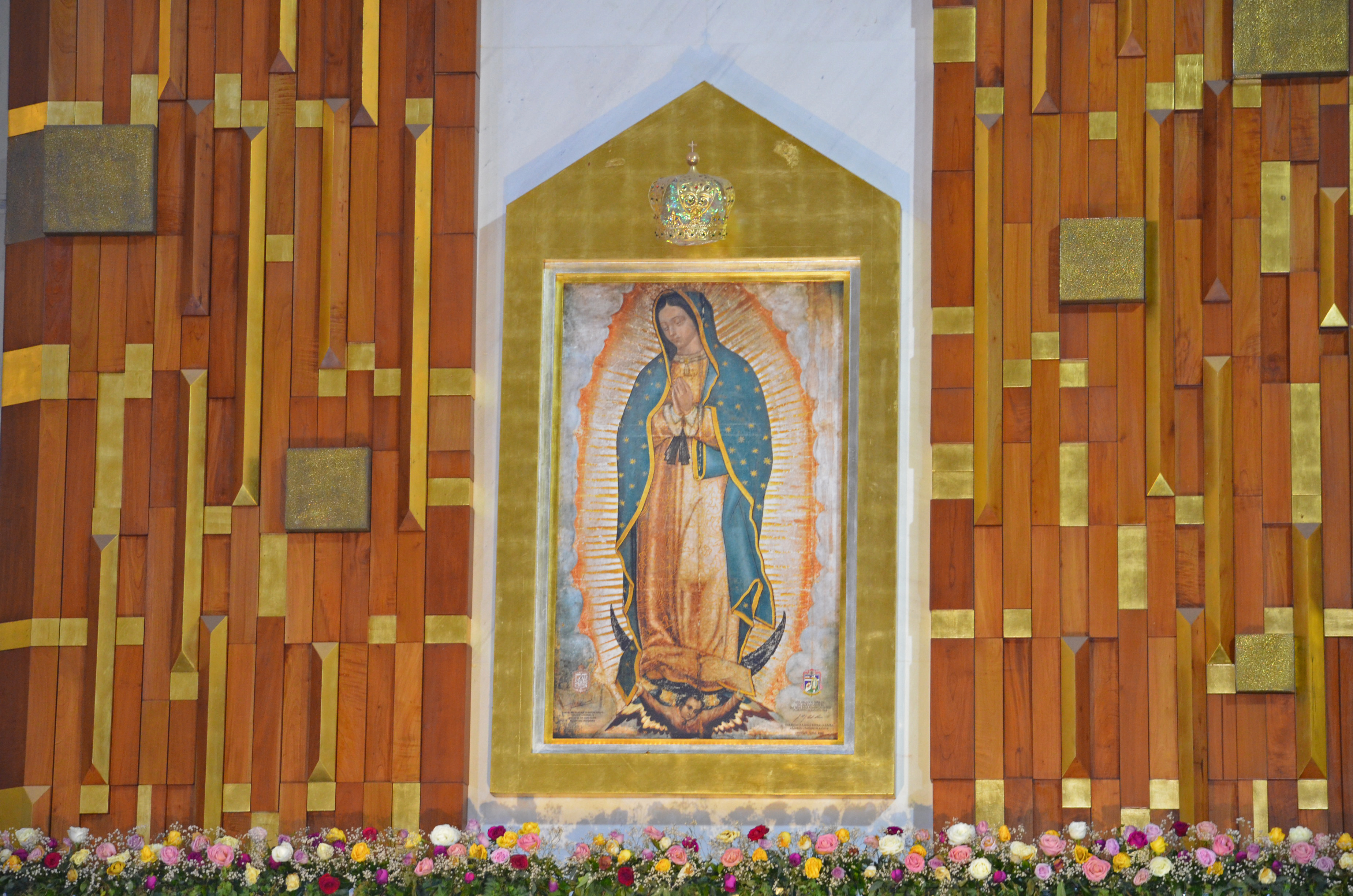



 Elizabeth Tomlin is the author of Joyful Momentum: Building and Sustaining Vibrant Women’s Groups and contributing author to the Ave Prayer Book for Catholic Mothers. She is General Counsel for the Archdiocese for the Military Services, USA. Elizabeth is an Army wife and mother of three and currently lives in the DC area. She blogs at
Elizabeth Tomlin is the author of Joyful Momentum: Building and Sustaining Vibrant Women’s Groups and contributing author to the Ave Prayer Book for Catholic Mothers. She is General Counsel for the Archdiocese for the Military Services, USA. Elizabeth is an Army wife and mother of three and currently lives in the DC area. She blogs at 
 Sheryl is happy to be the number 1 cheerleader and supporter for her husband, Tom who is a candidate for the Permanent Diaconate in the Diocese of Kalamazoo. They are so grateful for the opportunity to grow together in this process. Sheryl’s day job is serving her community as the principal for St. Therese Catholic School in Wayland, Michigan. Since every time she thinks she gets life all figured out, she realizes just how far she has to go, St. Rita of Cascia is her go-to Saint for intercession and help. Home includes Carlyn, a very, very goofy Golden Retriever and Lucy, our not-so-little rescue puppy.
Sheryl is happy to be the number 1 cheerleader and supporter for her husband, Tom who is a candidate for the Permanent Diaconate in the Diocese of Kalamazoo. They are so grateful for the opportunity to grow together in this process. Sheryl’s day job is serving her community as the principal for St. Therese Catholic School in Wayland, Michigan. Since every time she thinks she gets life all figured out, she realizes just how far she has to go, St. Rita of Cascia is her go-to Saint for intercession and help. Home includes Carlyn, a very, very goofy Golden Retriever and Lucy, our not-so-little rescue puppy. 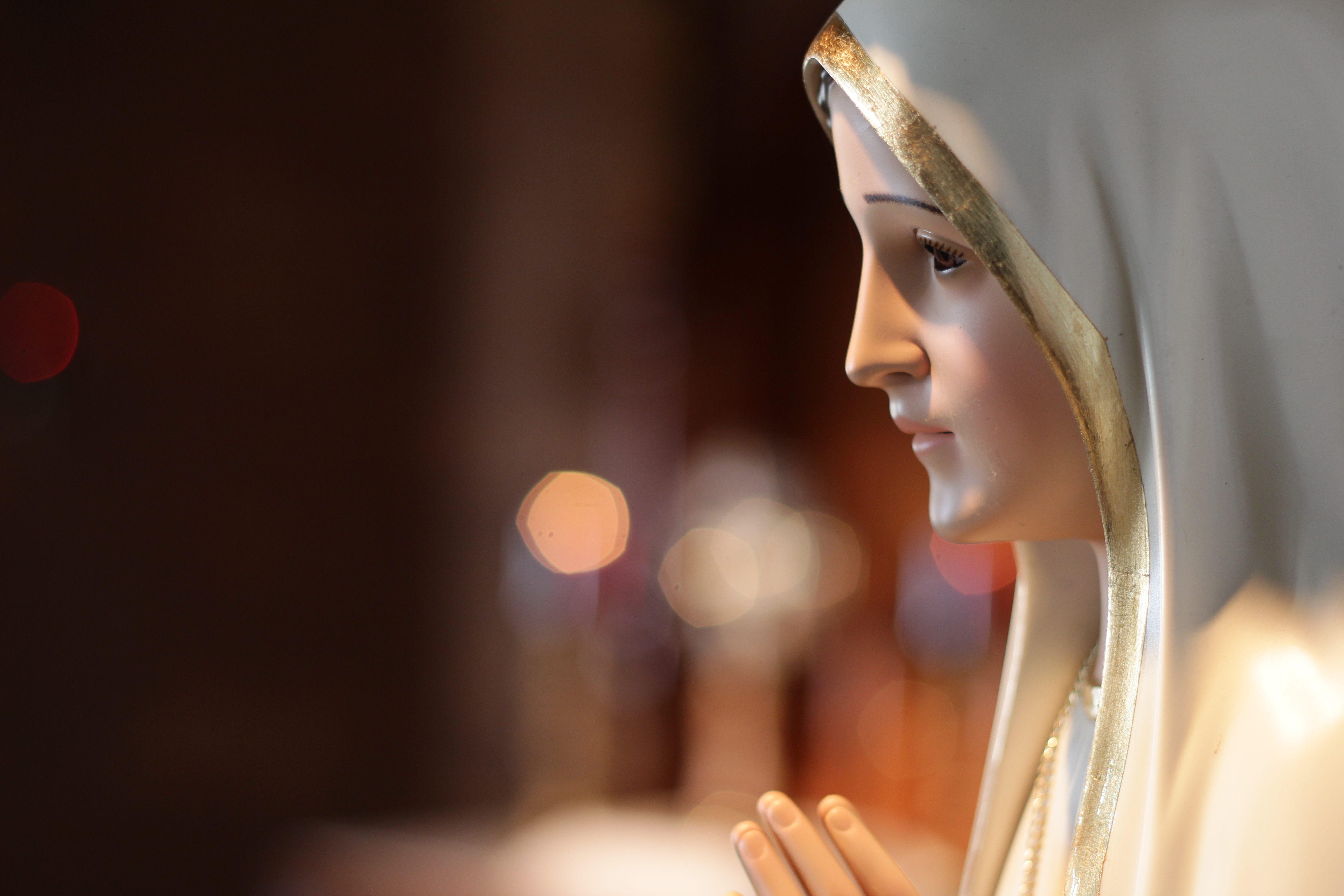
 Tami Urcia grew up in Western Michigan, a middle child in a large Catholic family. She spent early young adulthood as a missionary in Mexico, studying theology and philosophy, then worked and traveled extensively before finishing her Bachelor’s Degree in Western Kentucky. She loves tackling projects, finding fun ways to keep her little ones occupied, quiet conversation with the hubby and finding unique ways to love. She works full time, is a guest blogger on
Tami Urcia grew up in Western Michigan, a middle child in a large Catholic family. She spent early young adulthood as a missionary in Mexico, studying theology and philosophy, then worked and traveled extensively before finishing her Bachelor’s Degree in Western Kentucky. She loves tackling projects, finding fun ways to keep her little ones occupied, quiet conversation with the hubby and finding unique ways to love. She works full time, is a guest blogger on 
 David Dashiell is a freelance author and editor in Nashville, Tennessee. He has a master’s degree in theology from Franciscan University, and is the editor of the anthology
David Dashiell is a freelance author and editor in Nashville, Tennessee. He has a master’s degree in theology from Franciscan University, and is the editor of the anthology 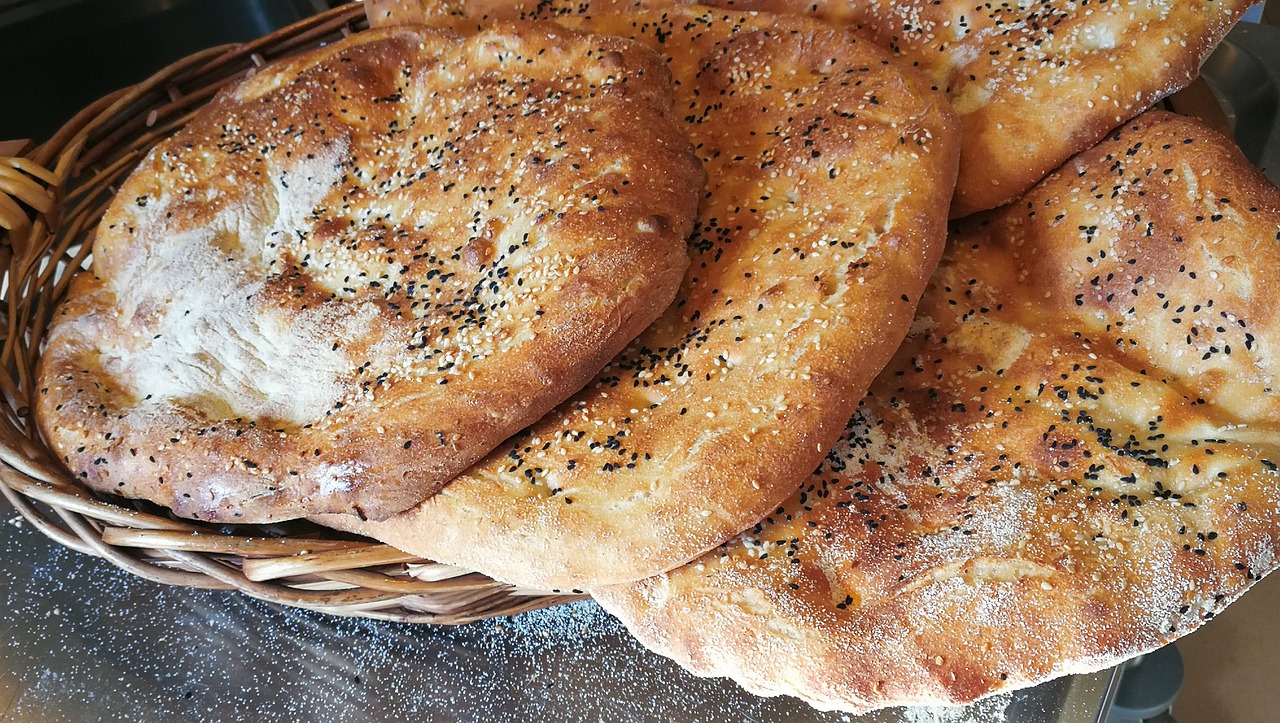
 Kate Taliaferro is an Air Force wife and mother. She is blessed to be able to homeschool, bake bread and fold endless piles of laundry. When not planning a school day, writing a blog post or cooking pasta, Kate can be found curled up with a book or working with some kind of fiber craft. Kate blogs at
Kate Taliaferro is an Air Force wife and mother. She is blessed to be able to homeschool, bake bread and fold endless piles of laundry. When not planning a school day, writing a blog post or cooking pasta, Kate can be found curled up with a book or working with some kind of fiber craft. Kate blogs at 

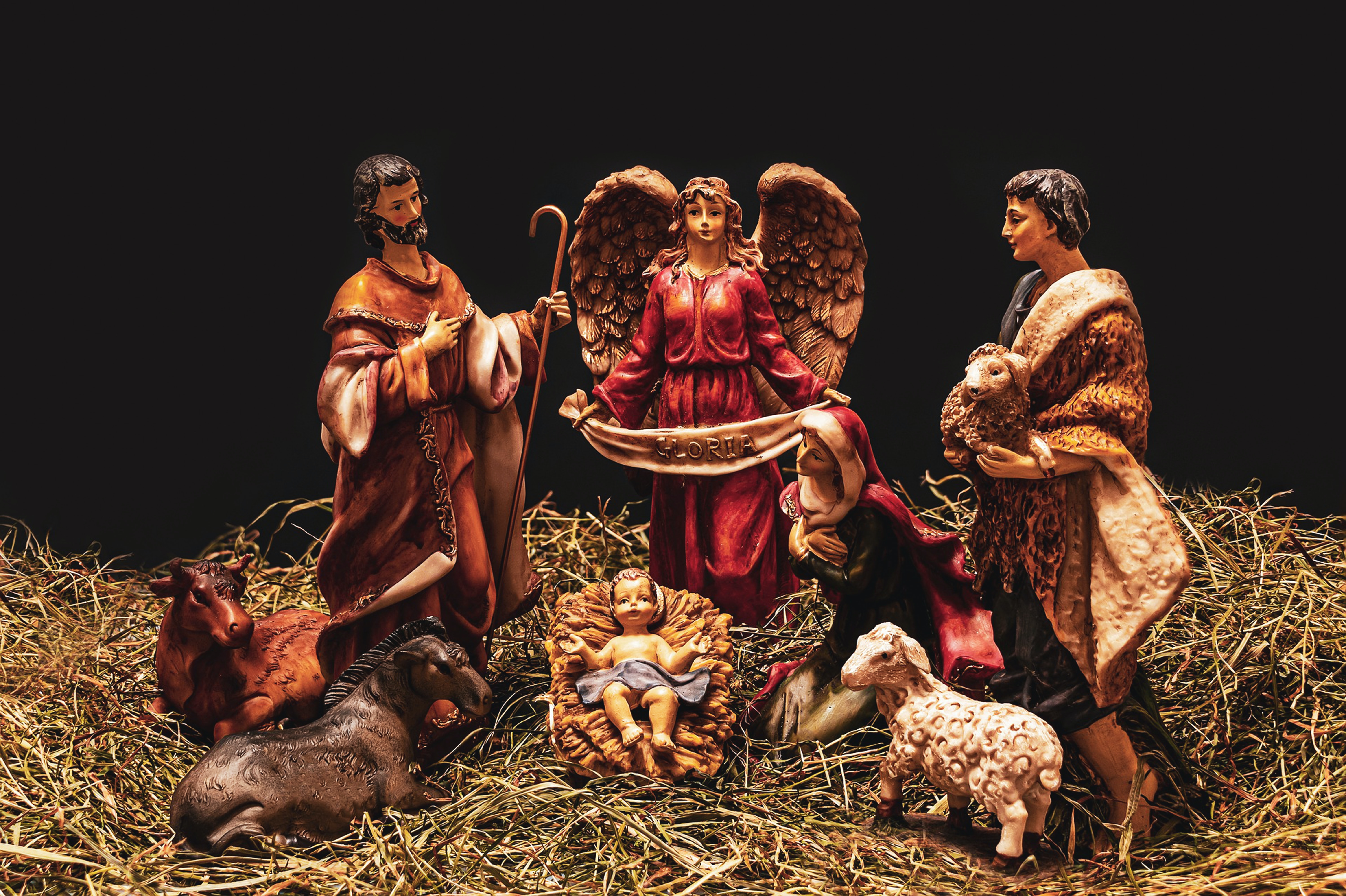


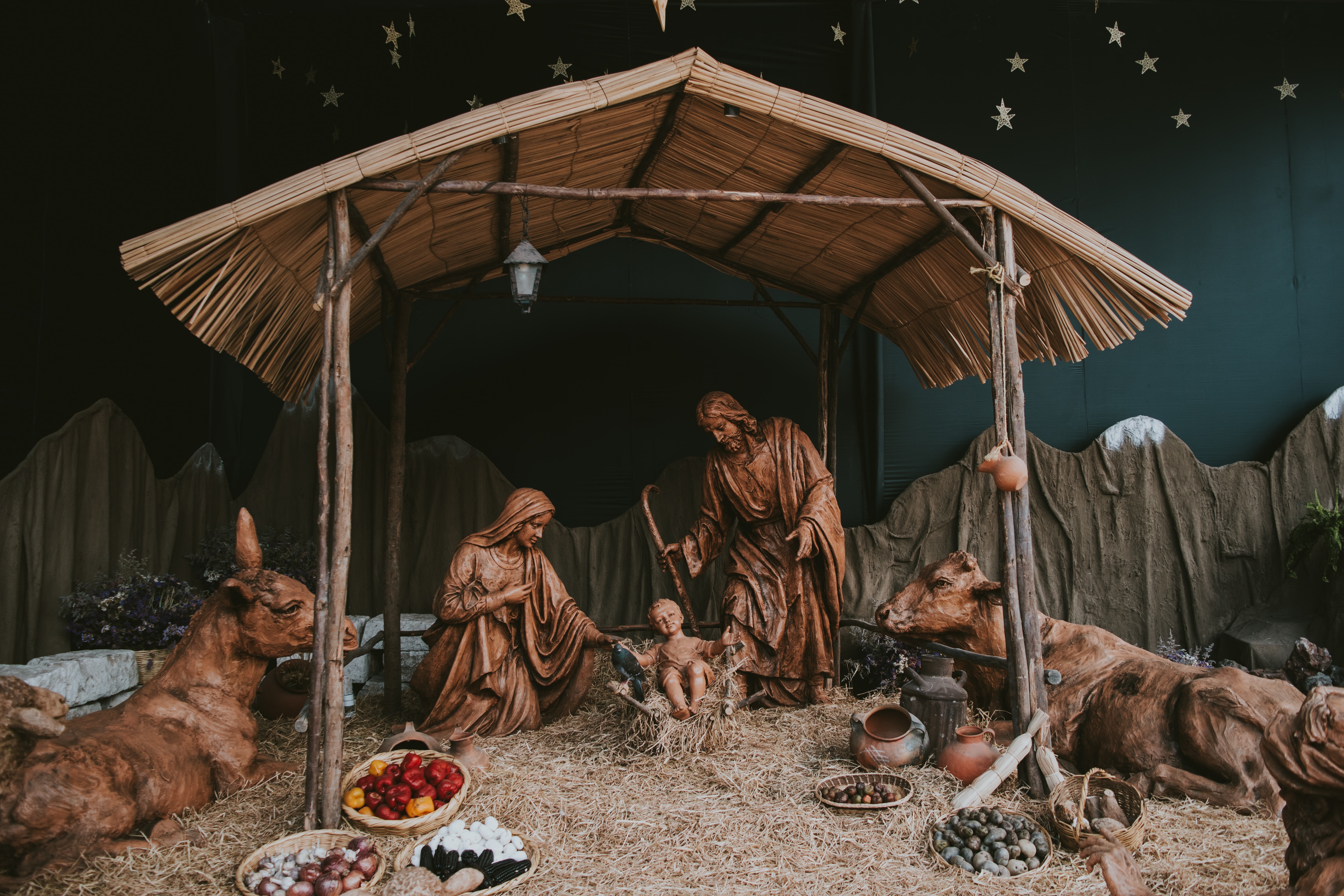

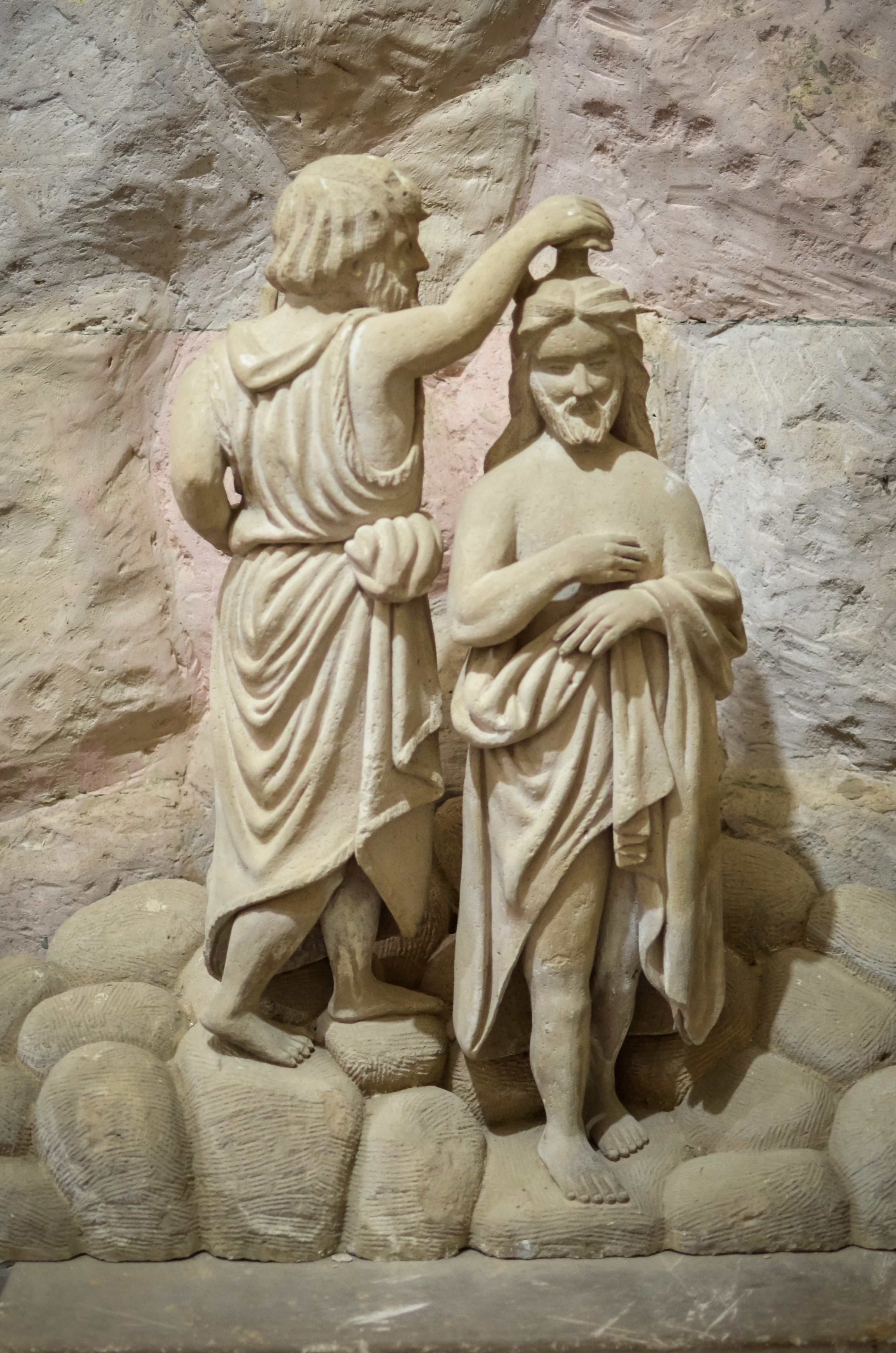
 J.M. Pallas has had a lifelong love of Scriptures. When she is not busy with her vocation as a wife and mother to her “1 Samuel 1” son, or her vocation as a public health educator, you may find her at her parish women’s bible study, affectionately known as “The Bible Chicks.”
J.M. Pallas has had a lifelong love of Scriptures. When she is not busy with her vocation as a wife and mother to her “1 Samuel 1” son, or her vocation as a public health educator, you may find her at her parish women’s bible study, affectionately known as “The Bible Chicks.”